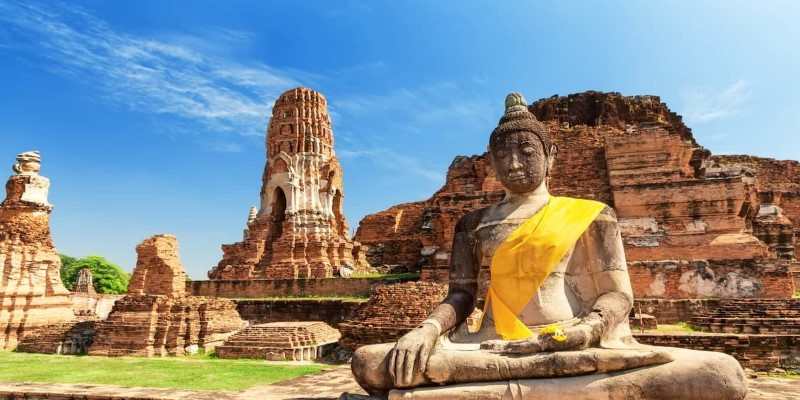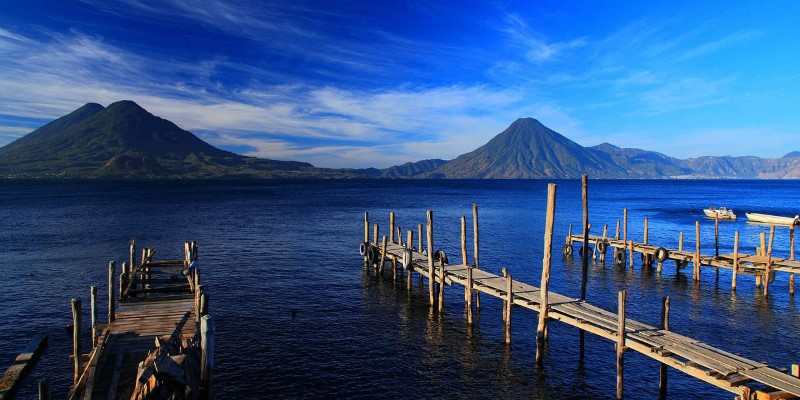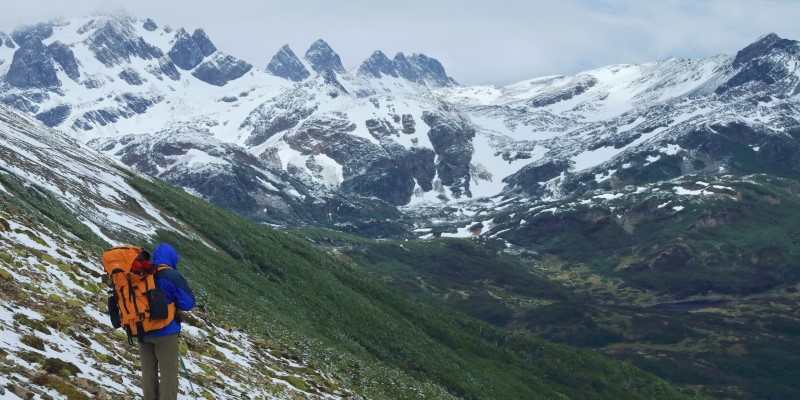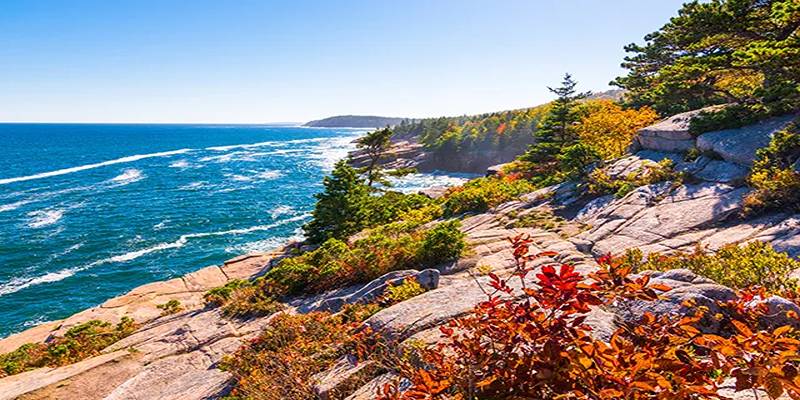Visiting Guatemala means stepping into a country that's rich in natural beauty, layered history, and deep cultural traditions. Whether you're curious about the famous ruins of Tikal or planning to relax by Lake Atitlán, there's plenty to know that can make your trip smoother and more enjoyable. Let's go over everything that's helpful to keep in mind before you go so you can land feeling more prepared and less caught off guard.
Everything You Need to Know Before Heading Off to Guatemala
The Currency Can Be Confusing at First
Guatemala uses the Guatemalan quetzal. While some places might accept US dollars, they’re not always eager to. ATMs are available in most cities and larger towns, and many accept foreign cards. But don’t expect to rely on plastic everywhere. Most local markets, bus terminals, and smaller hotels deal strictly in cash. It’s smart to carry small bills and coins, as breaking large notes can be tough in rural areas. Exchange rates also vary widely, so checking online before trading money with street exchangers or using airport counters helps.
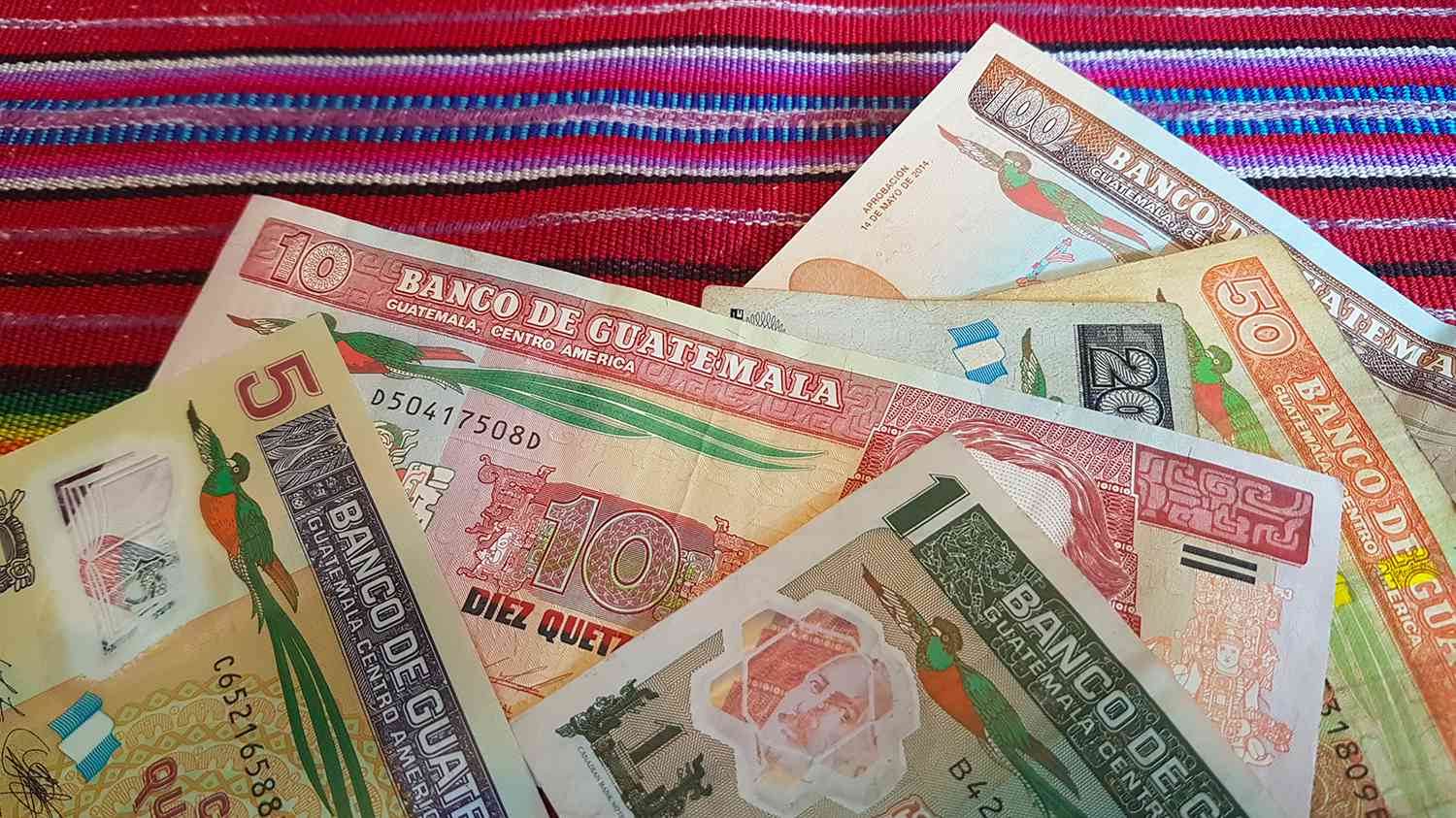
Getting Around Isn’t Complicated – But It’s Not Always Comfortable
Public transportation in Guatemala is cheap and everywhere. You’ll probably hear about “chicken buses,” which are retired American school buses repainted in bright colors and repurposed for local travel. They’re loud, crowded, and famously unpredictable, but they’re also affordable and full of character. For longer trips, shuttle vans and buses geared toward travelers are available and easier to manage if you’re carrying luggage. Rideshares aren’t big yet, but taxis and tuk-tuks are common in towns. Just confirm the price before hopping in, as meters usually don’t exist.
Safety Depends on Where You Go
Guatemala has its safe spots and its not-so-safe ones. Tourist hubs like Antigua, Lake Atitlán, and Flores are generally considered secure, especially in daylight. In cities like Guatemala City or certain areas of Quetzaltenango, staying alert helps. Petty theft is the most common issue, especially in crowded areas or on public buses. Carry only what you need, and keep your belongings zipped up and close. Walking alone at night isn’t the best idea, even in smaller towns, so plan accordingly.
Weather Can Change With Altitude, Not Just Season
There’s no simple way to describe Guatemalan weather. The country has two main seasons: dry (roughly November to April) and rainy (May to October). But altitude plays a huge role. Highlands like Antigua and Lake Atitlán can get chilly, especially at night. In contrast, lowland areas like Tikal or the Pacific coast stay warm and humid year-round. If you’re planning to visit several regions, layering your clothing is a better strategy than packing separate wardrobes.
Food Is Simple but Fulfilling
Traditional Guatemalan food leans toward hearty and home style. Expect lots of beans, rice, corn tortillas, eggs, and stews. Pepián and kak’ik are two dishes you might find in traditional eateries. Street food is popular and cheap—look for tamales, pupusas, and grilled corn. Hygiene at food stalls varies, so choosing vendors with plenty of local customers is usually a good sign. Filtered water is widely available, but tap water isn’t safe to drink. Carrying a reusable bottle with a built-in filter can help cut down on plastic waste.
You’ll Be Surrounded by Volcanoes
Guatemala is home to over 30 volcanoes, some of them still active. Hikes up Pacaya or Acatenango are popular among visitors, with views that are worth the effort. But they’re not casual walks—Acatenango, in particular, is a tough climb that requires warm clothing, gear, and sometimes a guide. If you’re not up for hiking, even viewing Fuego’s eruptions from a safe distance in Antigua can be stunning. Always check current conditions before heading out, as weather or activity levels can affect access.
Cultural Etiquette Is Quiet and Respectful
Guatemalan culture tends to be reserved. Greetings are important—say "buenos días" when entering a space or passing someone on a trail. Dress is modest in most areas, and blending in is more appreciated than standing out. If you're photographing people, especially in Indigenous communities, always ask first. Not everyone will want to be photographed, and some may ask for a small fee. What might seem like shyness is often just politeness, so patience and warmth go a long way.
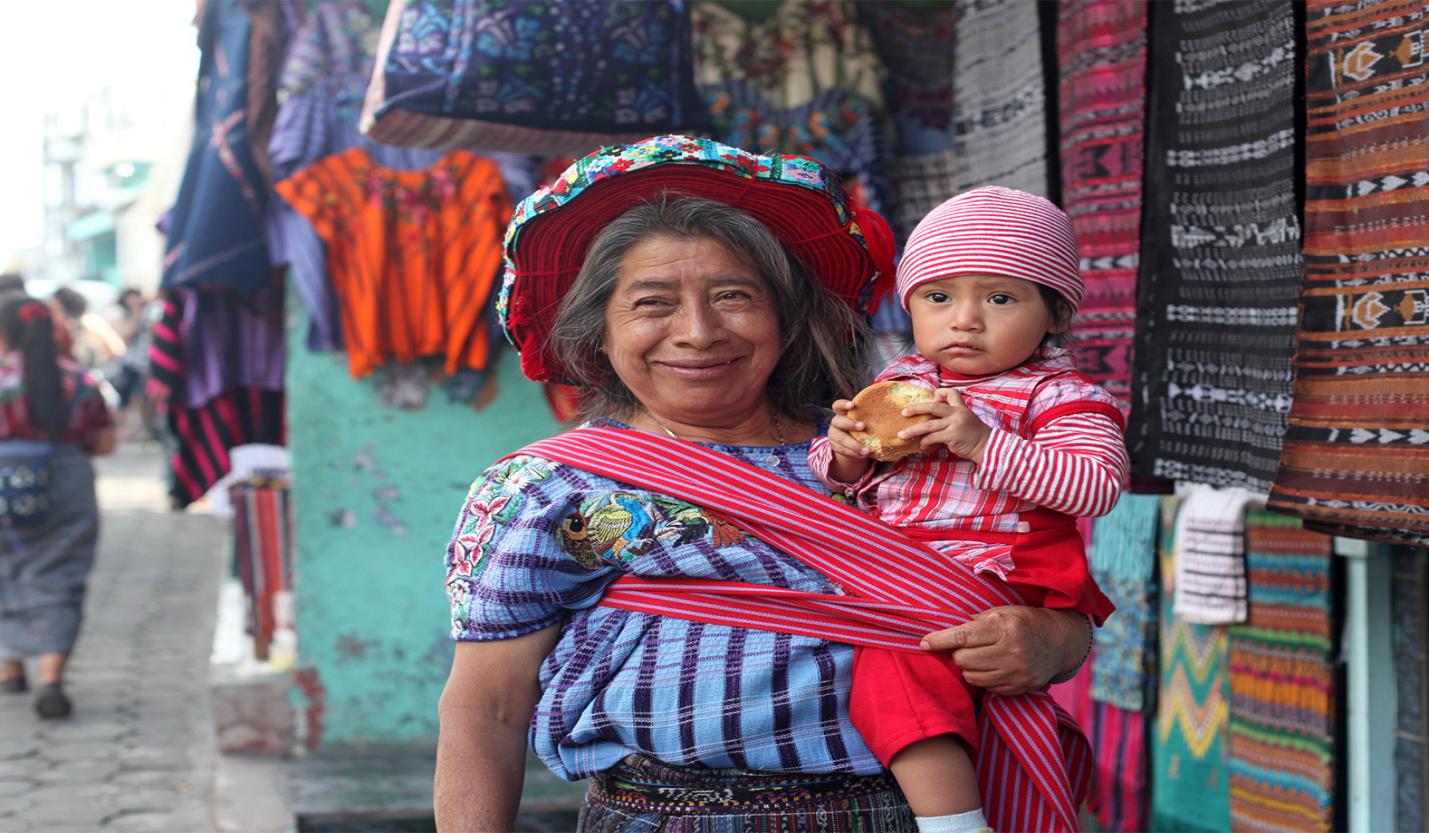
It’s a Place Where Time Feels Slower
Schedules in Guatemala aren’t always exact. Buses run on “approximate” time, meals can take longer to arrive, and store openings might vary from the hours posted. This isn’t out of neglect; it’s just how life works here. Things take the time they take. If you’re someone who thrives on tight planning, expect some frustration—but also the chance to unwind. The country moves at a softer rhythm, and leaning into it often leads to better memories.
Don’t Skip the Lesser-Known Spots
While Antigua and Tikal get much of the attention, places like Semuc Champey, Río Dulce, and Todos Santos Cuchumatán offer a different side of Guatemala. These spots aren’t always easy to reach, but they’re rewarding in their own ways—natural pools, jungle landscapes, or highland villages that feel untouched by time. If you’re open to less structured days and a few bumps in the road, they might end up being your favorite parts.
Conclusion
Guatemala doesn’t ask you to arrive with everything figured out, but it helps to come informed. From its highland towns to dense jungles, it’s a country that works best when you meet it with patience, curiosity, and a bit of flexibility. Pack for changes in weather, learn a few local phrases and don't expect things to run on a fixed schedule. If you stay open, Guatemala will show you more than just sights—it'll show you how to slow down and notice what's around you.



